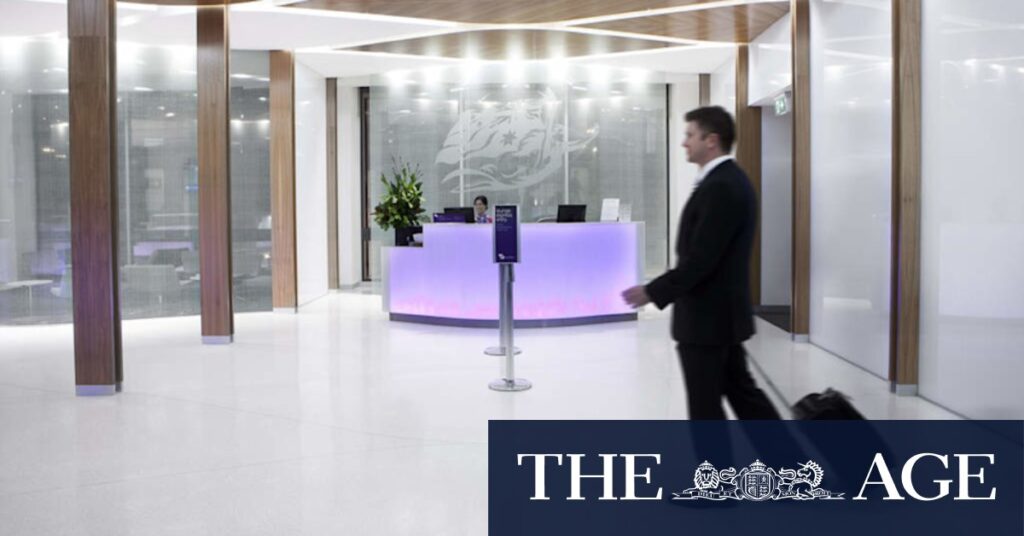
In a surprising incident that has sparked discussions about modern parenting and corporate policies, Virgin Australia found itself at the center of controversy when a mother was asked to leave the Melbourne domestic business lounge for discreetly pumping breast milk. The incident occurred in 2025, highlighting ongoing challenges faced by breastfeeding mothers in public spaces.
Dr. Elise Turner, a mother of six-month-old twins, attempted to use a breast pump under her T-shirt in a quiet corner of the lounge. However, she was initially directed by a staff member to use the bathroom or vacate the premises. When she requested a more hygienic private space, she was told she could rent a boardroom for an additional $100.
Breastfeeding and Public Spaces: A Historical Perspective
The incident with Virgin Australia is reminiscent of past societal attitudes towards breastfeeding. Decades ago, breastfeeding in public was often met with discomfort and disapproval. As Lee Tulloch, a travel columnist, reflects, “Thirty-seven years ago, when I was planning to move back to New York from Sydney after the birth of my daughter, I was mostly worried about one thing. How was I going to continue breastfeeding in a country where they were squeamish, even prudish, about everything to do with lactating breasts?”
While societal norms have evolved, and breastfeeding is now widely accepted as natural and beneficial, incidents like this suggest that old stigmas persist in certain environments.
Corporate Policies and Modern Parenting
Virgin Australia’s stance in this situation raises questions about corporate policies regarding parenting. Despite the airline’s eventual apology to Dr. Turner, the initial response from staff highlights a potential gap in understanding and accommodating the needs of modern parents.
In contrast, many airports, particularly in the United States, are legally required to provide dedicated mothers’ rooms, separate from restrooms, to support breastfeeding mothers. This legal framework underscores the importance of creating inclusive environments that respect parental responsibilities.
Public Reaction and Implications
The public reaction to the incident was swift, with many expressing support for Dr. Turner and calling for greater awareness and sensitivity from corporations. Dr. Turner’s experience, shared through a viral video, resonated with many parents who have faced similar challenges.
“The lounge needs to be a ‘pleasant’ experience for all,” was reportedly the reasoning given to Dr. Turner. Yet, the notion that expressing milk is disruptive seems incongruous with the reality of busy airport lounges.
Experts suggest that companies need to reassess their policies to better align with contemporary values and the diverse needs of their clientele. By doing so, they can avoid alienating customers and instead foster a more inclusive and supportive atmosphere.
Looking Forward: A Call for Change
As society continues to progress, incidents like the one experienced by Dr. Turner serve as reminders of the work still needed to ensure that public spaces are welcoming to all. For Virgin Australia and similar companies, this incident represents an opportunity to review and update their policies to better support parents and other travelers.
Ultimately, the goal should be to create environments where all individuals, regardless of their parenting status, feel respected and valued. As Tulloch aptly points out, “Perhaps in the end what disturbed the Virgin staff was the notion that business lounges are for businesspeople and that a lactating mother, even one returning from a medical conference in Perth, didn’t qualify as worthy of that respect?”
As this conversation continues, it is clear that there is a growing demand for change, not just in corporate policies, but in societal attitudes towards parenting and public spaces. This incident may well serve as a catalyst for broader discussions and reforms in how businesses accommodate the diverse needs of their customers.







